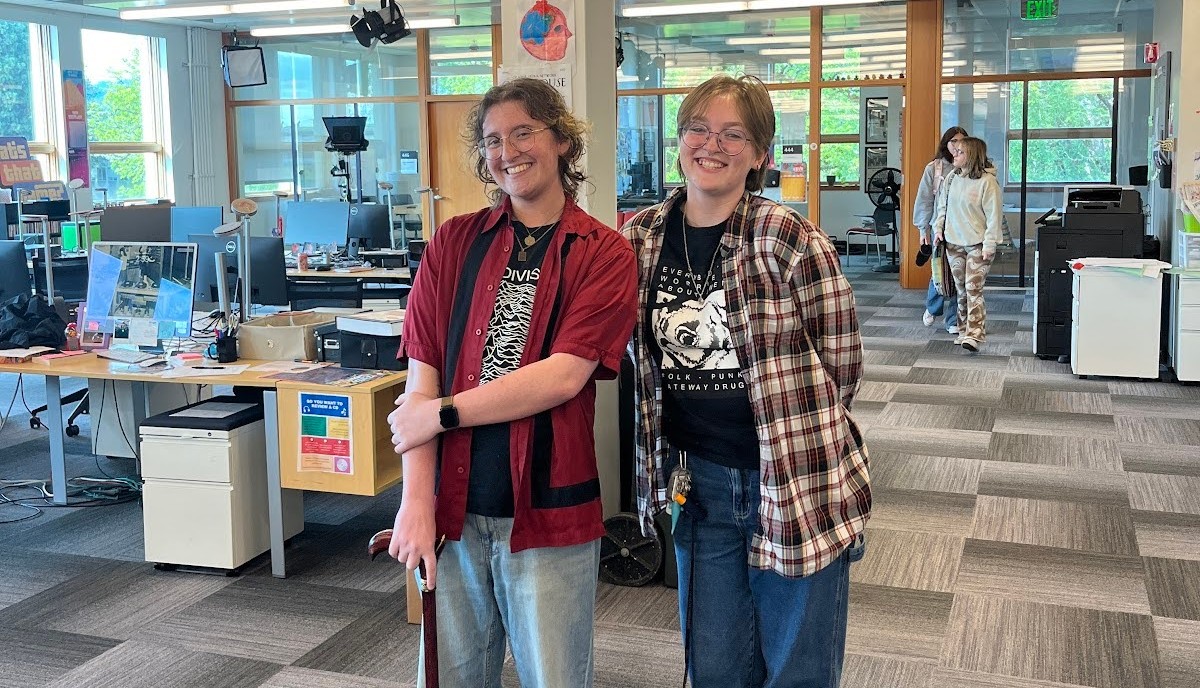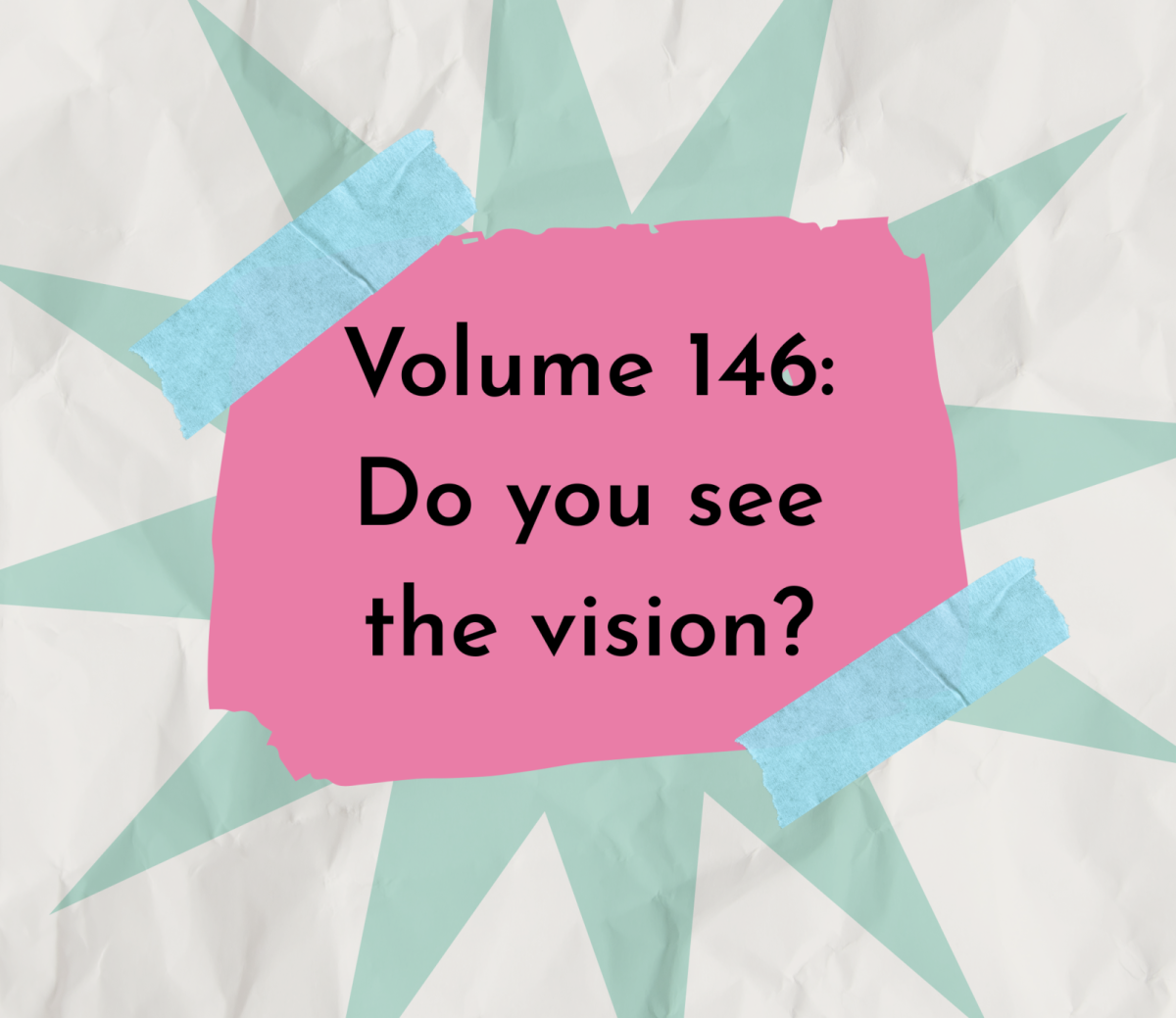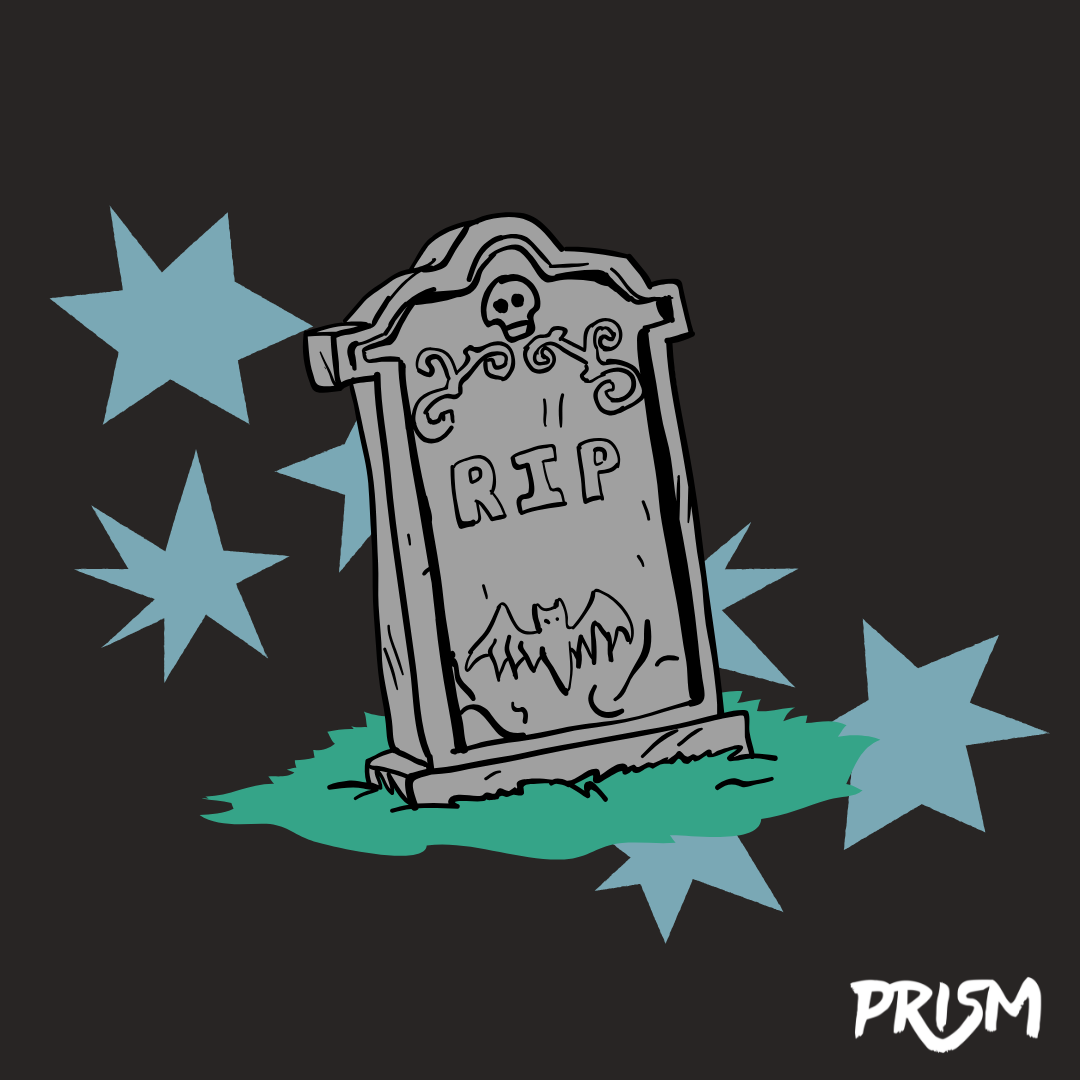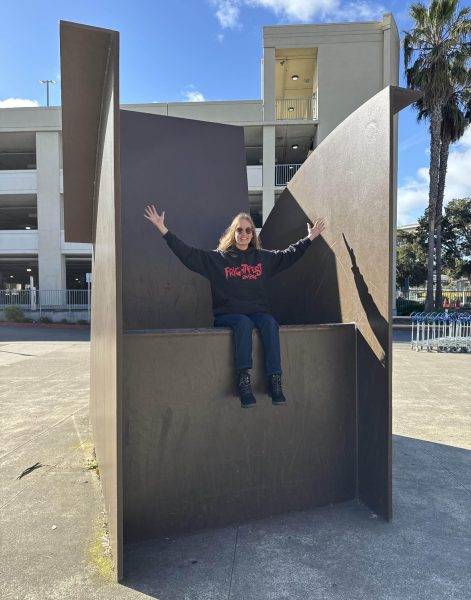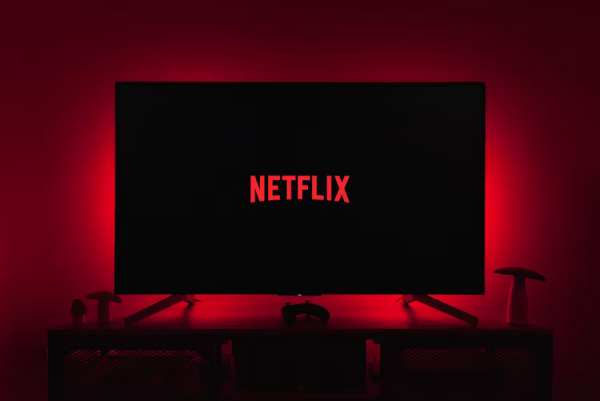
Netflix — streaming giant, slayer of BlockBuster Video and host platform to such original classics as “Squid Game,” “Love is Blind,” “Stranger Things,” “Love Island,” “You,” “Temptation Island” and many more. In case you didn’t notice, Netflix has a thing for romantic reality shows that boast multiple seasons. But should these reality shows be the ones hogging all of the second season announcements for themselves? Isn’t it time for that green light to be shined on other Netflix original projects?
Now to be clear, I’m not hating on these shows and I’m certainly not trying to hate on anyone who enjoys them. The intrigue and drama these shows produce are entertaining, there’s a reason why people are so interested in watching them. I will even find myself idling over a clip from “Love is Blind” being reacted to by a couple of drag queens from time to time. My issue, however, isn’t with those who choose to watch, but rather with those who choose what gets watched. Netflix has earned itself a reputation for canceling good shows that “underperformed” after a month on the platform, feeling they weren’t worth the investment for a second season. But that’s only partly true.
With this rapid consumption of media, Netflix’s goal is to sell you, the viewer, what content they have. This means they need fast turnarounds on said content to keep up with their rapid production schedules, something brought up by Romily Spaul in their Roar article, and by Shaniz Chowdhury in The Daily Star. So instead of giving shows a few months or even a year on the air to figure out where they stand in the eye of the public, Netflix gives only a month for viewers to hear about and watch a new show before they decide to can it or not.
But why is this a problem? Wouldn’t this mean that Netflix is just weeding out shows people didn’t like? In short: No. If you look back at classic TV shows from the last 30 years (“Breaking Bad,” “Seinfeld,” “The Office,” etc.), none of them did particularly well in their first season. “The Office” even had to outright beg executives to give them another chance with a second season, which resulted in the success of the show. Since these productions were allowed to continue, they were able to hit their stride and are now culturally known names referenced by people everywhere.
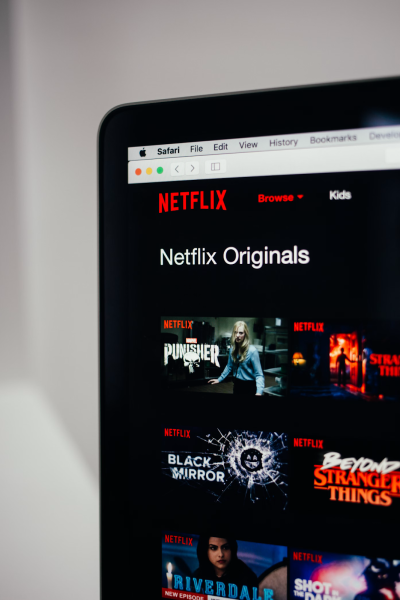
Now imagine how different things would be if “The Office” was canceled after the first season. There would be no “look into the camera like you’re in ‘The Office’” jokes and much of the cast wouldn’t be where they are today. This is the fate that is befalling Netflix originals like “Dead Boy Detectives,” “Kaos,” “1899” and many other titles. The continuous axing of these imaginative shows means that creativity and risks in the TV space are being discarded in favor of what producers and executives think the audience will like or what they think the algorithm will pick up.
With so much of the media today being a ripoff of a ripoff or a show being another show in a different font, we are in danger of falling into a pit of stagnant content. Or perhaps we already have. There’s a reason why shows like “Squid Game” and “Stranger Things” were so popular, and it was because they were original ideas that people hadn’t seen before being brought to the screen and had people asking after each episode “What happens next?” They were a breath of fresh air amongst the same scrolling feed of reality TV, originals and comedy specials. But now those same eye-catching original stories are being put on the back burner and cast out of the limelight, even when they are as popular as “Stranger Things” was when it first hit the market (The Miami Student).

This brings up another issue with this “what’s popular” system Netflix has implemented: the expectation of the viewer. These shows’ success falls on the shoulders of those who watch them, but now it’s not enough for a viewer to casually watch a new Netflix original, they also have to be the show’s personal publicity team for it to succeed. If you don’t watch a show when it first comes out, it gets canceled. If you don’t hype up the show on social media to get other people to watch the show, it gets canceled. Even if you do all of the above, if Netflix feels like the show could have done better, it’s getting canceled. This issue has gotten so bad that show creators and actors have taken to using their own social media platforms to get their fans to watch their show(s) in the hopes of preventing a looming cancellation.
But one person only has so much time in a day to watch TV, so why should they be expected to watch whole seasons of shows they’ve heard about and mark shows on their “Watch Later” lists as soon as those shows drop so they get another season? It’s ridiculous to assume that in a month, the majority of people who are going to watch a show will have already seen it. Elizabeth Cox of Should We Studios brought up in a Newsweek interview that a profitable audience doesn’t always translate into a committed one, and I couldn’t agree more. My sister didn’t watch the show “Arcane” until the second season was set to come out because she wasn’t sure she wanted to commit to the show until after it had wrapped up, but when she did watch it she ended up loving it! This brings me to another point, now that people are aware of Netfliex’s cancelation habits they are becoming more hesitant to get invested in new shows on the platform because they’re worried it will end with a cliffhanger that never gets addressed since no second season was green lit.
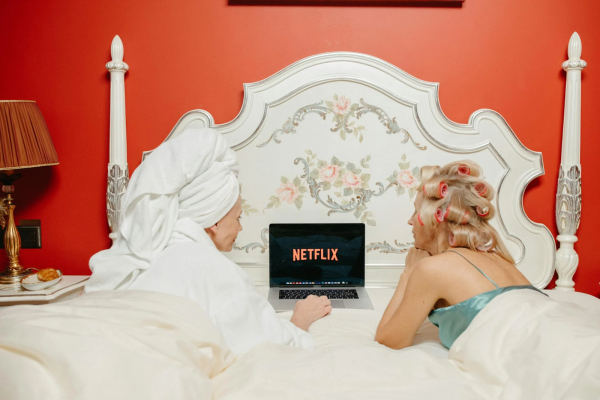
Views, however, are not solely what Netflix takes into consideration when deciding what shows get approved for a second season. Take, for instance, “Kaos.” The show was in the top 10 most popular Netflix shows for four weeks straight, yet it was still canceled. But why? People watched it, critics raved about it and it even had Jeff Goldblum in it! How could it have been canceled with so much positive press around it? Well, it’s because it didn’t meet Netflix’s algorithm expectations.
Even if a show gets 14 million viewers to watch it in one month, a secret statistic in the Netflix algorithm may still override the decision to keep funding it. That statistic is: completion. It’s not enough for the viewer to spend all their free time watching a show, hyping it up and spreading the word about it. They also have to watch the show in its entirety for Netflix’s algorithm to deem it a success, according to Forbes. This means for shorter series, such as Heartstopper which has 30-minute episodes, it’s easier for them to be picked up for a second season because it’s quicker to finish them in a short amount of time. Meanwhile, shows like “Dead Boy Detectives” and “Kaos” that have almost hour-long episodes get the short end of the stick because it will take longer for someone to binge their content.
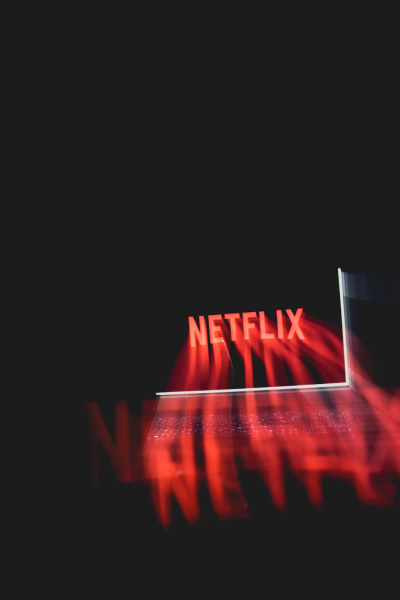
Unfortunately, Netflix is unlikely to change their method for sorting through its shows anytime soon. But, gradually, the disapproving voices of their subscribers have been getting louder with each cancellation. So, while change may not be right around the corner, it very well may be charging up for the not-so-distant future. In the meantime though, if you come across a fresh new show on Netflix, cross your fingers and hope that even if it did catch lightning in a bottle the way some of Netflix’s instant successes did, that maybe it created a spark for something much bigger. And who knows? Maybe, just maybe, the streaming giant will grant them more time to continue creating enjoyable content for their audience.


